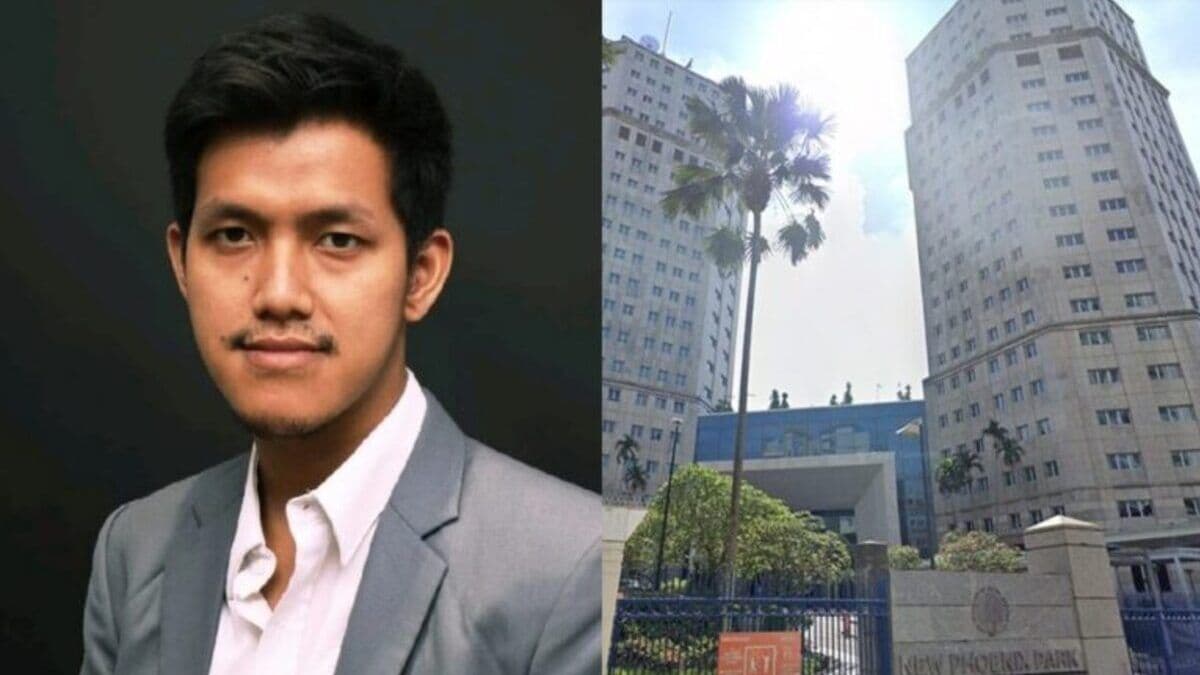MHA confirms Indonesian academic faced security checks at Changi Airport
Singapore’s Ministry of Home Affairs confirmed that Indonesian academic Muhammad Zulfikar Rakhmat was questioned twice at Changi Airport in 2023 due to past online postings supporting the Islamic State. He was later allowed to continue his travel on both occasions.

- MHA confirmed that Muhammad Zulfikar Rakhmat was questioned at Changi Airport twice in 2023.
- Authorities cited his online postings supportive of the Islamic State as the reason.
- Rakhmat maintains the scrutiny was linked to his academic and journalistic work on Middle Eastern affairs.
Singapore’s Ministry of Home Affairs (MHA) confirmed on 15 May 2025 that Indonesian academic Muhammad Zulfikar Rakhmat was subjected to security checks and interviews at Changi Airport on two occasions in 2023, citing concerns over his online postings in support of the Islamic State.
The ministry stated that Rakhmat had attracted the attention of security agencies and was therefore questioned. On both occasions, he was later permitted to continue his onward travel, departing on flights the following day.
MHA emphasised its broader policy that foreign nationals considered potential security risks may be subjected to interviews, denial of entry, or other measures. “Entry into Singapore is a privilege, not a right,” the ministry said in a statement carried by state broadcaster CNA.
Rakhmat’s account of airport incidents
Rakhmat, writing in Middle East Monitor, described two separate incidents that took place in February and September 2023 while transiting through Singapore.
The first occurred in February 2023 as he travelled with his wife from South Korea to Indonesia. He said he was stopped at immigration, taken to a separate room, and questioned about his work, travel history, and personal background. He also alleged that his phone was seized and examined by officials before being returned.
In September 2023, Rakhmat reported a similar experience during another transit through Changi Airport. In both cases, he said he was eventually released and allowed to continue travelling.
According to independent outlet Gutzy Asia, Rakhmat also alleged that a Singaporean officer had instructed him not to write or speak publicly about the February 2023 incident. MHA did not address this specific claim in its official response.
Academic and professional background
Rakhmat is currently the director of the Indonesia–Middle East and North Africa desk at Jakarta’s Centre for Economic and Law Studies (CELIOS).
He is also listed as a research affiliate at the Middle East Institute at the National University of Singapore (NUS). The institute’s website further identifies him as a research professor at the Busan University of Foreign Studies in South Korea.
Over the years, he has authored several studies on Middle Eastern politics and foreign policy and contributed opinion pieces to regional and international publications, including The Diplomat, Asia Sentinel, and The Conversation.
Diverging narratives
The case has drawn attention because of the differing accounts presented by the Singapore authorities and Rakhmat himself. While MHA cited his past online postings supportive of the Islamic State as the reason for security scrutiny, Rakhmat linked the incidents to his academic and journalistic work, particularly his writings on Palestine and Middle Eastern affairs.
Independent analysts note that the incident underscores the delicate balance Singapore seeks to maintain between ensuring national security and accommodating the presence of foreign researchers and academics who operate in sensitive political fields.
Context of security measures
Singapore’s security agencies maintain extensive checks at borders, especially at Changi Airport, which is one of the busiest transit hubs in Asia. Authorities have previously reiterated that measures applied to individuals deemed potential threats are preventive in nature and not necessarily indicative of criminal wrongdoing.
MHA has also stressed that such actions are not unusual and fall within its responsibility to protect national security.
The case of Rakhmat highlights both the reach of Singapore’s border controls and the ongoing scrutiny applied to individuals whose work or affiliations intersect with areas of geopolitical sensitivity.







